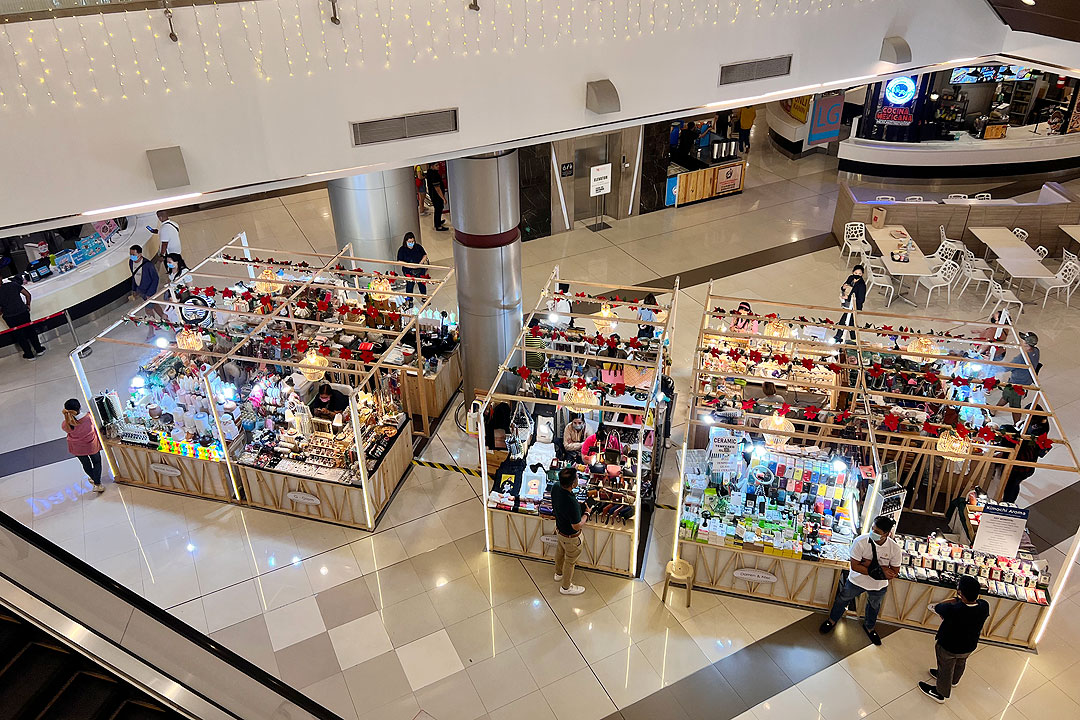Most Filipino MSMEs start businesses to support family — BCG

MOST micro, small and medium enterprises (MSMEs) in the Philippines start a business to support their families, according to Boston Consulting Group (BCG).
“Our main finding is that most Filipino MSMEs are in business for deeply personal reasons,” Jamie Bawalan, a principal at BCG, told BusinessWorld. “Sixty-four percent say they started their business to achieve financial independence for their family.”
Filipinos also go into business to pursue their passion (41%), while 38% do so to support their children’s education, according to BCG’s survey with the Trade department conducted in the last quarter of last year.
These motivations set Filipino MSMEs apart from their Southeast Asian counterparts. For instance, a similar survey in Indonesia found that 77% of MSMEs there were motivated by a desire to empower their communities.
“Filipino MSMEs see business as a way to protect their families and secure their future,” Ms. Bawalan said. “It’s less about building empires and more about building stability.”
BCG surveyed more than 3,000 local MSMEs across various sectors including manufacturing, retail and food services.
For many Filipino MSMEs, growth is predominantly measured by revenue, with 60% of entrepreneurs identifying it as their primary indicator of success. Other growth strategies such as cost reduction, technology investment or workforce expansion were less frequently cited.
“This suggests many MSMEs are still in survival mode,” Ms. Bawalan said. “They’re focused on staying afloat and keeping the business moving. Profit margins are tight. Cashflow is still king.”
She noted that market volatility has made local MSMEs more cautious in their business decisions — whether it’s managing expenses, expanding operations or even taking out loans.
Despite the central role that access to financing plays in business growth, only 33% of Filipino MSMEs are positive about the financial support available for their ventures.
Ms. Bawalan said many continue to rely on personal savings, family and friends or informal lenders despite the fact that formal loans often come with low and reasonable interest rates.
Forty-two percent of MSMEs have not applied for loans, citing fear of debt, while others cited high interest rates (34%) or the belief that borrowing is unnecessary (21%).
“We didn’t expect the gap between fear and reality when it comes to financing,” she said, citing the widespread hesitancy toward formal financial institutions.
To address this gap, Ms. Bawalan suggested offering tailored credit solutions such as small, low-risk loans linked to business behavior.
These loans could help MSMEs gradually build trust in formal financial channels, ultimately bridging the financing gap that many businesses face, she added. — Edg Adrian A. Eva



